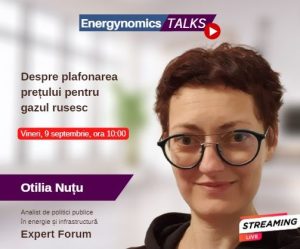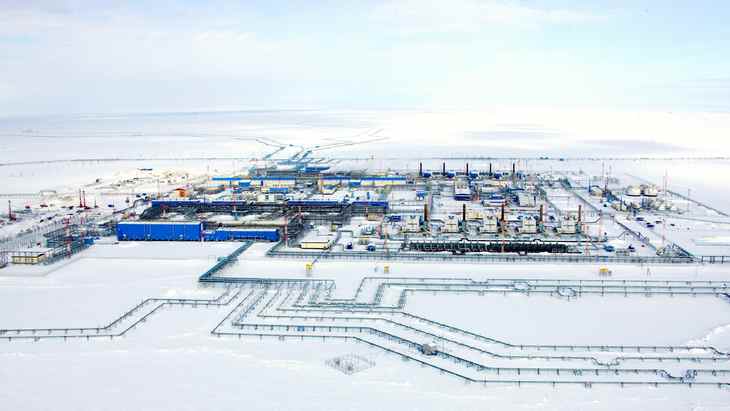The European Commission outlined two possible instruments to cap wholesale gas prices – one of which would be targeted at Russia only, according to a leaked paper seen by EURACTIV. The paper will be discussed at a seminar among EU-27 representatives on Wednesday (7 September) and further debated by the bloc’s energy ministers at an extraordinary meeting on Friday.
The leak comes few days after the EU Commission chief Ursula von der Leyen said that “Europe needed to impose a price cap on Russian pipeline gas”, to foil what she labeled as Russian President Vladimir Putin’s attempts to manipulate the bloc’s energy market. Also on Friday, the G7 countries have agreed to introduce a price cap on purchases of Russian oil in an attempt to limit the Kremlin’s ability to fund its war against Ukraine.
The agreement is considered a political victory for the US, wrote FT.com, according to which the idea was first launched in April. It took more than four months to convince enough of the EU countries to its feasibility.
 The first of the “two possible instruments” outlined in the paper obtained by EURACTIV “would involve a price cap on imported gas from Russia”, while the second would see the creation of administrative pricing zones for the most severely affected EU countries, called “red zones”.
The first of the “two possible instruments” outlined in the paper obtained by EURACTIV “would involve a price cap on imported gas from Russia”, while the second would see the creation of administrative pricing zones for the most severely affected EU countries, called “red zones”.
In an article written in August, Otilia Nuțu, energy policy analyst at Expert Forum Romania (EFOR), argued in favor of introducing a price cap on Russian gas as a better approach for the EU instead of reducing demand by 15%. The author believes that the EU should cap the Russian gas prices in order to stabilize its markets. As “the option for the Kremlin to respond would not be to cut all gas supplies to Europe, but rather to inflict as much pain as possible to individual countries and seed division”, Otilia Nuțu pleads for a “simple solidarity clause […]: if Gazprom cuts deliveries to one country, all EU members make up for the shortfall”.
Even if the first instrument seems simpler to implement than the second, important unknowns remain in both cases: will other major global players such as China and India join (most likely not), in what legal form will such a buyers’ cartel be implemented without abandoning European principles of free market and rule of law, and, of course, how will Russia react?
